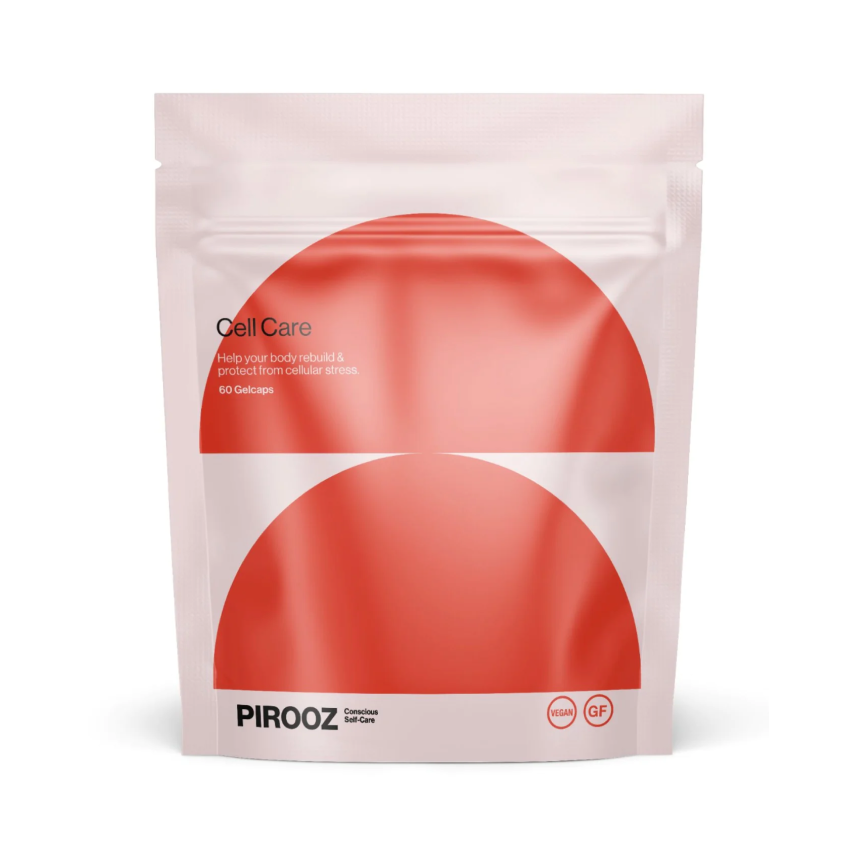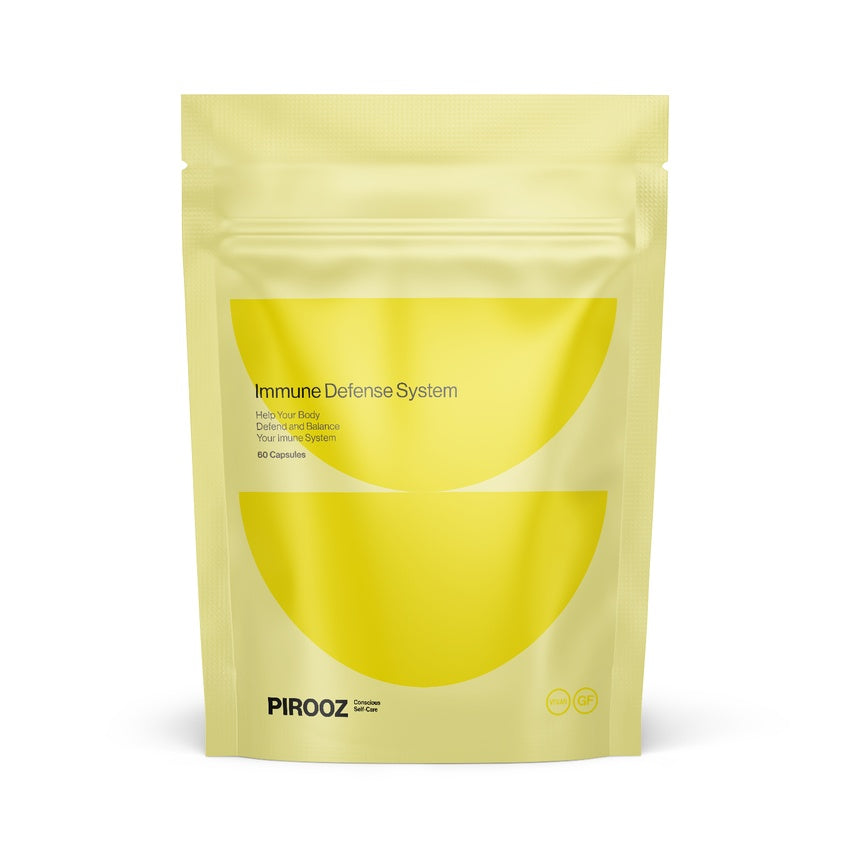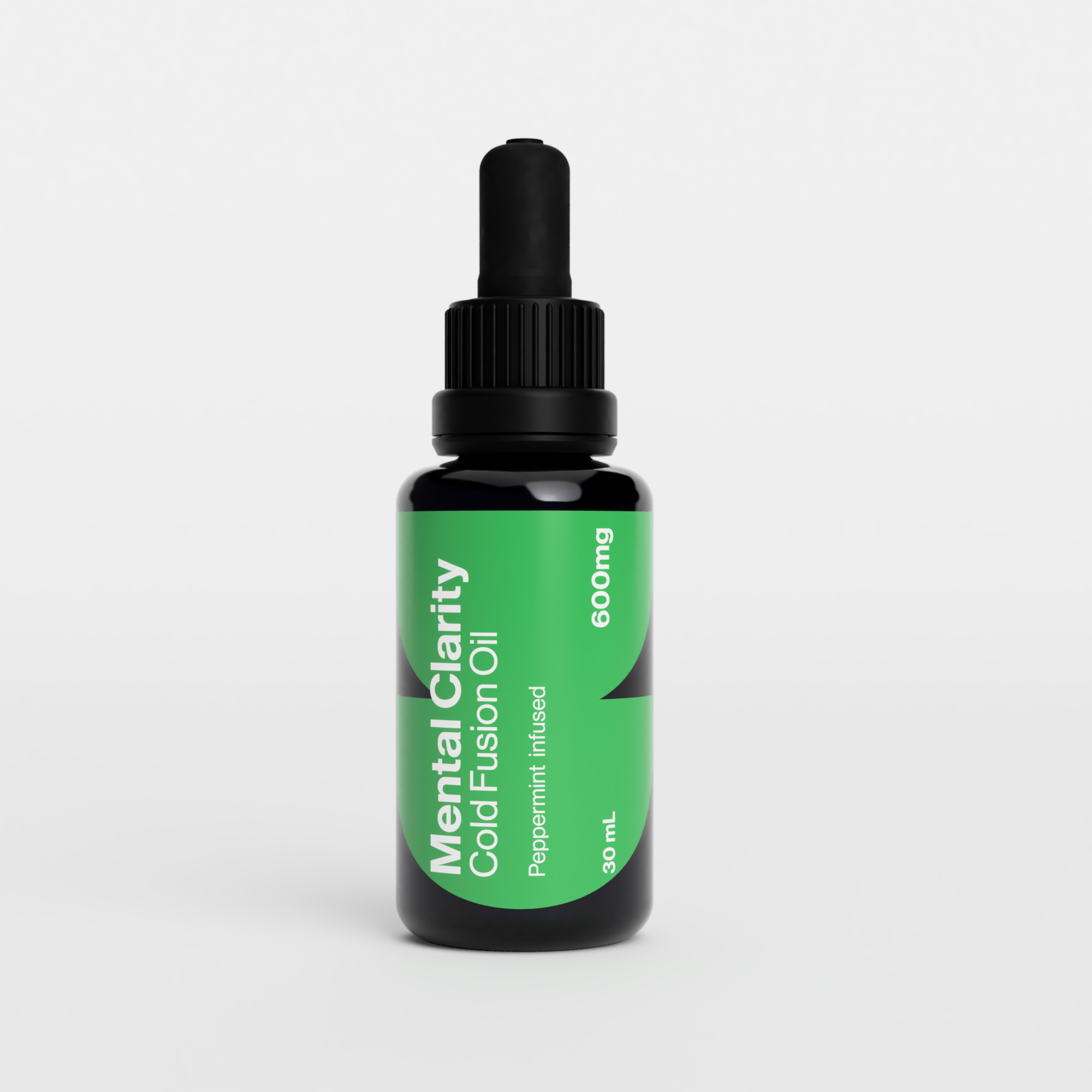What are antioxidants?
Antioxidants are naturally occurring compounds that can help prevent the damage caused by free radicals. Free radicals are molecules with one or more unpaired electrons that can harm other cells or contribute to aging and various diseases. Antioxidants get rid of the radicals by giving their electrons to them, stopping them from producing stress. While destroying free radicals, antioxidants help maintain proper cellular function, and thus supports in fighting against the development of chronic diseases such as cardiovascular disease, cancer, and neurodegenerative conditions. A source of antioxidants or dietary supplements included in a daily diet would be very beneficial for overall body health.Negative Effects of Oxidative Stress On Skin Health
The human body experiences oxidative stress as a natural result of metabolic reactions and external factors like pollution, smoking, and alcohol consumption, among others (Clinical Interventions in Aging By Dovepress). Such environmental exposures could unbalance the body's free radicals versus antioxidant levels, leading to cellular damage and increasing the chance of various health problems. Oxidative stress becomes a crucial mechanism in the aging process as well as the onset of long-term illness, which underlies the urgency of controlling oxidative stress either through lifestyle changes or a diet enriched in antioxidants.Antioxidants and oxidative stress
The role of antioxidants is to nullify the oxidative stress that arises as a result of free radicals that neutralize harmful cells or unstable molecules that damage cells. They block the harmful oxidation processes by transferring electrons, which help compose the free radicals. This, as a result, reduces the risk of numerous age-related diseases and also promotes overall health.Role of antioxidants in improving skin health
As outlined in a review from a trusted source, antioxidants play a significant role in shielding the skin from the negative effects of ultraviolet (UV) radiation (Nutrients By MDPI publications). If you are unaware of the harmful effects of UV rays, here is some information for you. They are a major contributor to accelerated skin aging. It is important to provide the skin, both externally and internally, with the necessary nutrients to improve its overall health. The inclusion of a nutrient-dense diet as the most effective and cost-effective strategy for better skin health emphasizes that it is crucial for antioxidant-rich food to be included in the daily menu.Antioxidants can improve skin health by-
- Reducing DNA damage from UV light: UVB rays from the sun can harm our DNA, but antioxidants might help shield skin cells. Antioxidant nutrients could play a role in guarding against this damage (The Journal of investigative dermatology).
- Manages various skin conditions: Eating foods rich in antioxidants like vitamins A, C, and E may help prevent various skin issues. Antioxidant supplements are also helpful for treating other skin problems such as rosacea, psoriasis, eczema, and acne (Antioxidants by MDPI).
- Supporting healing processes: Vitamin C, an antioxidant, boosts wound healing by ramping up gene activity for repairing DNA and speeding up cell growth. It also promotes cell movement, aiding in the wound healing process, and helps fix damaged DNA more quickly, ensuring a faster recovery (Nutrients By MDPI).
- Reducing the appearance of anti-aging signs: Antioxidants fight against the harmful effects of reactive oxygen species (ROS), which can cause wrinkles and uneven skin tone (Journal of Dermatological Science). When you're exposed to sunlight, it increases ROS, speeding up skin aging. But antioxidants can help slow this down, keeping your skin looking youthful and healthy.
- Improving hydration: To keep your skin hydrated and smooth, it's important for young women to eat foods packed with antioxidants. A study indicates that you can look for foods rich in antioxidants such as vitamins A and E to help moisturize the skin and boost hydration levels (Antioxidants By MDPI).












